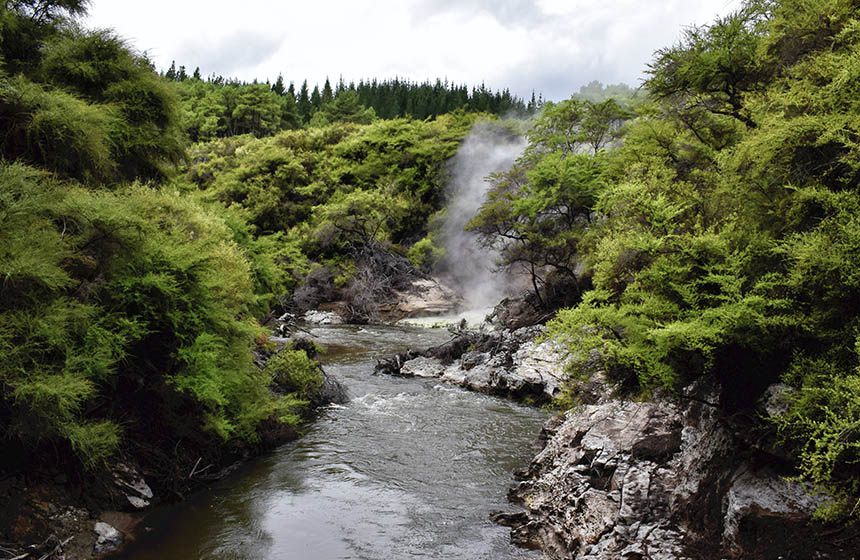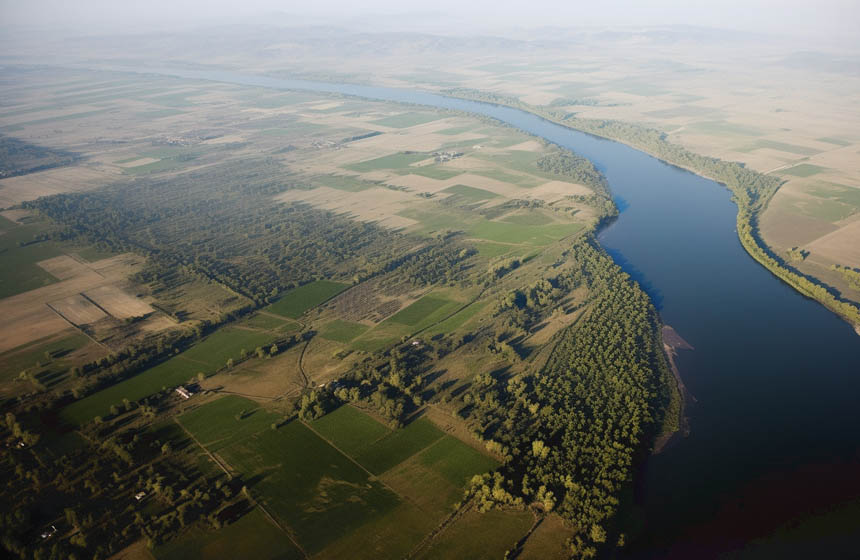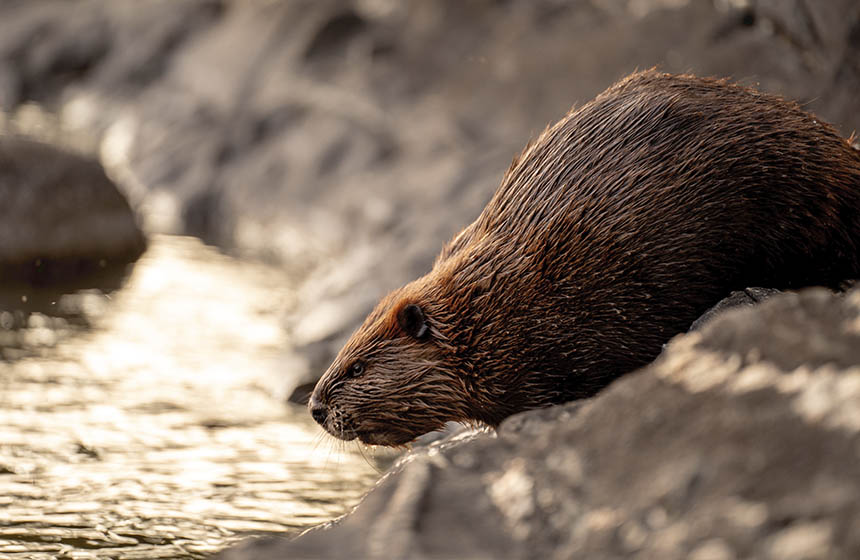Million Streams Project
The Million Metres Streams project is a national program and funding mechanism which helps identify native vegetation river restoration efforts and facilitates securing them funding from multiple sources.
Nature-based program:
The Million Metres Streams project is run by the Sustainable Business Network and focuses on brokering financing for community-led waterway restoration projects. The project aims to raise $10 million over the next 5 years for these projects and secures financing through partnerships with philanthropic organizations and the private sector. Until 2022, the project had accepted crowd-funding as a financing mechanism, but has updated its protocols to focus solely on businesses and philanthropic organizations. Since 2014 the project has worked with 43 local land-owners and community organizations to help finance 72 restoration projects. In total across New Zealand it has helped plant 550,000+ native tree and plant species and restored more than 80km of waterways.
Overview of context and outcomes:
The waterways of New Zealand currently exist in a highly degraded state. It is reported that 82% of river length in pastoral farming areas and 94% of river length in urban areas are not suitable for swimming due to pollution. On top of this 90% of the countries historic wetlands have been destroyed for alternative uses and 76% of native freshwater fish species are threatened.
Case effectiveness on
Climate change
The project reports that large scale native species revegetation efforts will lead to carbon sequestration, however it does not provide projections or measurements for what the total amounts would be.
Plantings of native species along the waterways has reportedly improved water quality and helped limit erosion. The restoration of native wetlands has also reportedly helped with water management and flood mitigation through holding large volumes of water within the landscape.
Ecosystem health
Ecological effect: PositiveThe project has helped improve habitat extent and quality for both terrestrial and freshwater species. Through planting native species and improving water quality they have helped to transform previously degraded riparian areas into more biodiverse landscapes. The projects have also funded invasive species removals along the riverbanks to make room for more native vegetation.
Socioeconomic outcomes
The project reportedly places a large emphasis on community involvement in nature restoration. Some of its projects host community restoration days and host school groups at project sites. Projects will also have employees from the corporate funders of the Million Metres Streams project out for volunteer days to see what their financial contributions help support.
Governance
The Million Metres Streams project is managed by the Sustainable Business Network and governs the allocation of funding across the country. The individual or community organization which is the funding recipient then governs the implementation of the restoration on their land.
Finance
The project was initially set up to help organize donations and facilitate crowd-funding campaigns to support stream restoration projects and under this model it was able to raise $2.3 million. As the program has grown they recently made the pivot in 2022 to focusing on business and philanthropic support exclusively in order to reach their goal of raising $10 million for waterway conservation in the next five years. They have also successfully worked with the New Zealand Government’s Jobs for Nature Fund in order funnel an additional $6 million towards their restoration projects.
Monitoring and evaluation
There are no clearly reported monitoring protocols currently identified.
Trade-offs and limitations
No information yet available on tradeoffs.

Intervention type
- Restoration
Ecosystem type
- Streams, rivers, riparian
- Wetlands
Climate change impacts addressed
- Freshwater flooding
- Reduced water quality
Instigators
- Local private sector
Societal challenges
- Biodiversity conservation
- Climate change adaptation
- Climate change mitigation
- Disaster risk reduction
- Water security
Outcomes
- Food security: Not reported
- Water security: Positive
- Health: Not reported
- Local economics: Not reported
- Livelihoods/goods/basic needs: Not reported
- Energy security: Not reported
- Disaster risk reduction: Positive
- Rights/empowerment/equality: Not reported
- Conflict and security: Not reported
- No. developmental outcomes reported: 4
Resources
Read resource 1Read resource 2
Literature info
- Grey literature



